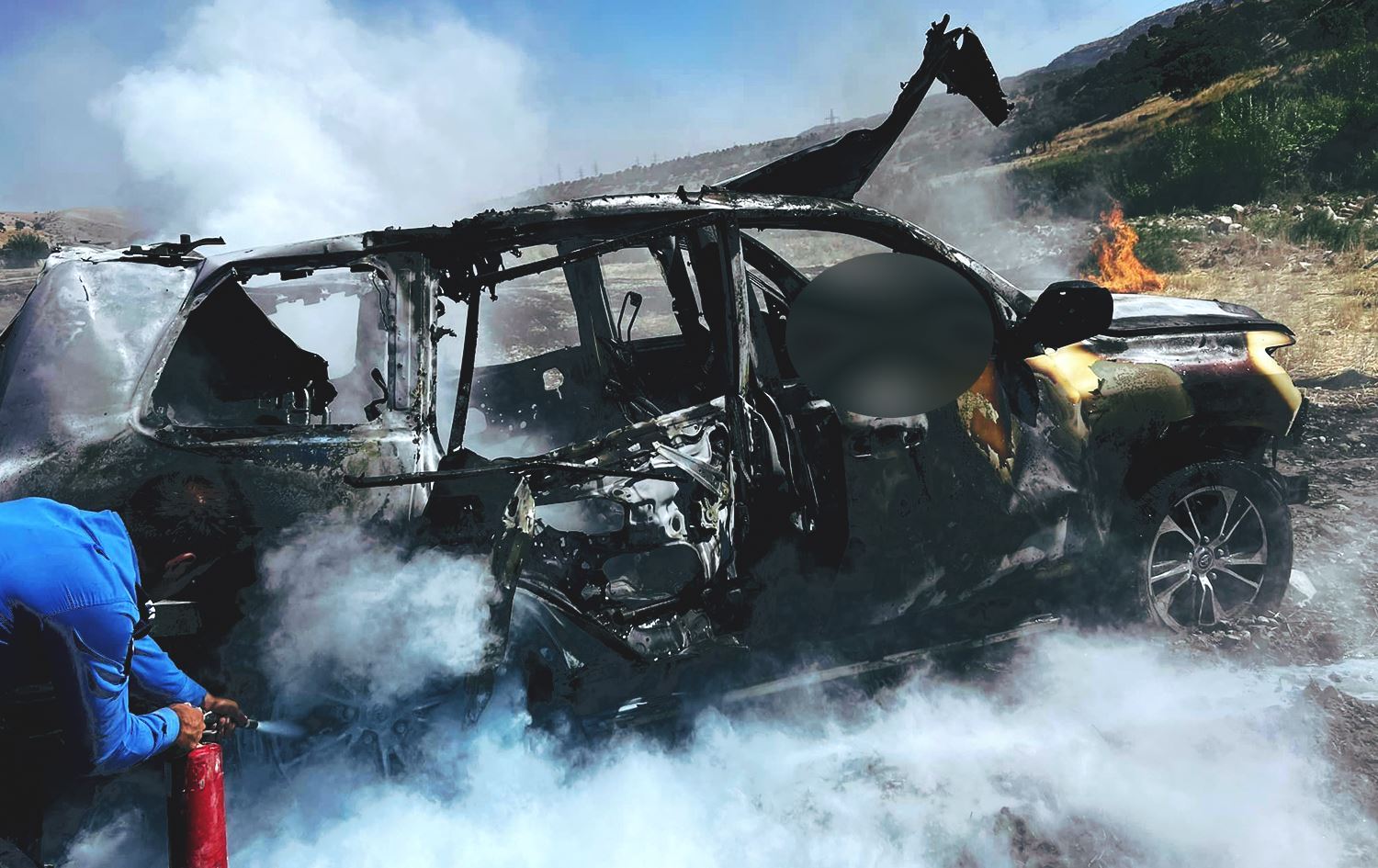Turkish drone strike kills three in Iraq’s Sulaimani province
Turkish Drone Strike Kills Three in Iraq’s Sulaimani Province
A Turkish drone strike in Iraq’s northern Sulaimani province has killed three individuals, heightening tensions in the already volatile region. The strike, which occurred in the semi-autonomous Kurdish region of Iraq, has drawn international attention and criticism, as it underscores the ongoing conflict between Turkey and Kurdish militant groups, particularly the Kurdistan Workers’ Party (PKK), which Turkey considers a terrorist organization.
The Context of the Conflict
Turkey has long been engaged in a military campaign against the PKK, which has waged an insurgency in Turkey for decades, seeking greater autonomy for the Kurdish population. The conflict, which began in the 1980s, has resulted in tens of thousands of deaths. In recent years, Turkey has extended its operations beyond its borders, launching airstrikes and ground offensives in northern Iraq and Syria, where the PKK and its affiliates operate.
The Sulaimani province, part of Iraq’s Kurdistan Region, is a focal point in this struggle due to its proximity to the Turkish border and its role as a base for many PKK members. Turkey regularly carries out drone strikes in this area, targeting PKK hideouts, training camps, and leaders.
Details of the Attack
Local sources reported that the drone strike targeted a vehicle in the Chamchamal district of Sulaimani, killing three individuals who were allegedly associated with the PKK. The identities of the victims have not been officially confirmed, but Kurdish media outlets suggested that they may have been linked to the Kurdish insurgency.
The Turkish government has not yet commented publicly on this specific strike, though it has previously defended such operations as necessary for its national security. Turkey argues that the PKK’s presence in northern Iraq poses a direct threat to its citizens and military personnel, justifying cross-border military actions under the pretext of self-defense.
Reactions from Iraq and the Kurdistan Regional Government (KRG)
The drone strike has provoked anger and concern within Iraq, particularly in the Kurdistan Region. The Iraqi government, along with the KRG, has repeatedly condemned Turkey’s incursions into its territory, arguing that such operations violate Iraqi sovereignty and destabilize the region.
In response to the recent strike, officials from the KRG called for Turkey to respect Iraq’s territorial integrity and urged for a cessation of military actions that endanger civilian lives. However, the KRG is in a delicate position. While it maintains a degree of autonomy from the central Iraqi government, it relies on a stable relationship with Turkey for economic and political reasons, especially concerning oil exports.
Iraq’s central government in Baghdad has consistently protested against Turkey’s military actions within its borders, but its ability to influence Ankara’s policies has been limited. The complex political and security landscape in Iraq, particularly with the presence of numerous armed groups and foreign powers, makes it difficult for Baghdad to assert control over the northern region.
International Implications
The strike has broader implications for regional stability and international diplomacy. Turkey’s operations in Iraq have been a point of contention with multiple countries, including the United States and members of the European Union, who are concerned about the human rights violations and the impact of such strikes on the civilian population. While Turkey remains a NATO member and a key player in the region, its military actions against the Kurds, both in Iraq and Syria, have strained relations with some Western allies.
Human rights organizations have also raised concerns about the increasing use of drones in conflict zones, which they argue can lead to indiscriminate killings and civilian casualties. Although Turkey claims to use drones with precision, the lack of transparency around such strikes has fueled accusations of extrajudicial killings.
Future of the Turkish-Kurdish Conflict
The drone strike in Sulaimani is part of a larger pattern of Turkish military operations in the Kurdish regions of Iraq. As Turkey continues to pursue its campaign against the PKK, the conflict shows little sign of de-escalation. The PKK, entrenched in mountainous areas of northern Iraq, remains capable of carrying out attacks on Turkish forces, further fueling the cycle of violence.
The ongoing conflict also complicates the already fragile political landscape in Iraq, where the central government is grappling with issues related to sectarianism, corruption, and the influence of foreign powers. As Turkey’s military presence in northern Iraq intensifies, the risk of broader regional instability grows, particularly if civilian casualties mount and local populations turn against both the PKK and Turkish forces.
Conclusion
The recent Turkish drone strike in Iraq’s Sulaimani province is a stark reminder of the enduring and complex conflict between Turkey and the PKK. As Ankara continues its cross-border operations, the toll on both militants and civilians is mounting, drawing criticism from Iraq, the Kurdistan Regional Government, and international actors. Without a long-term solution to the Kurdish question and a cessation of hostilities, the region will likely remain mired in violence, with significant ramifications for regional stability and diplomacy.

